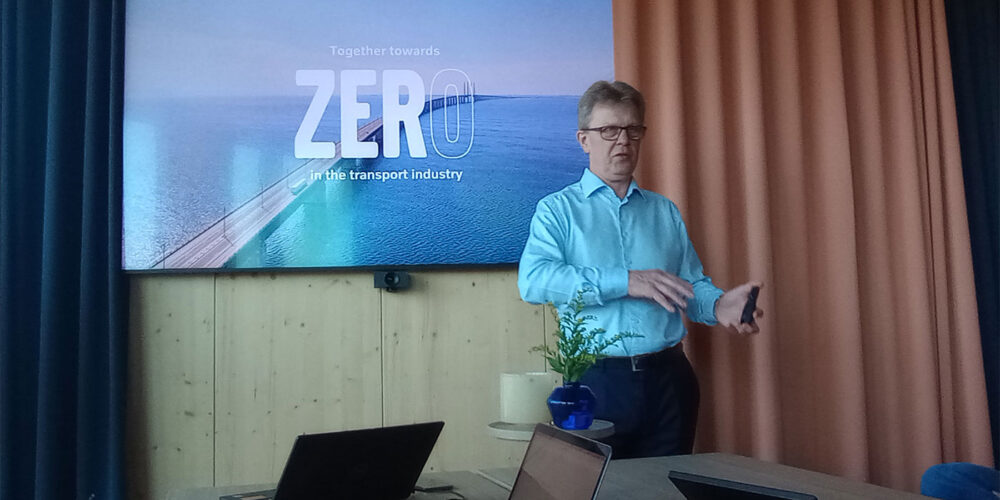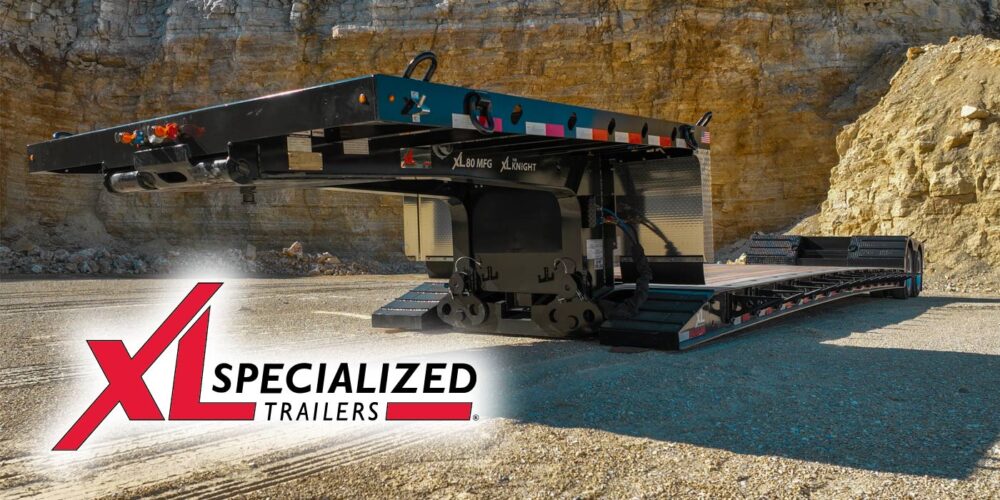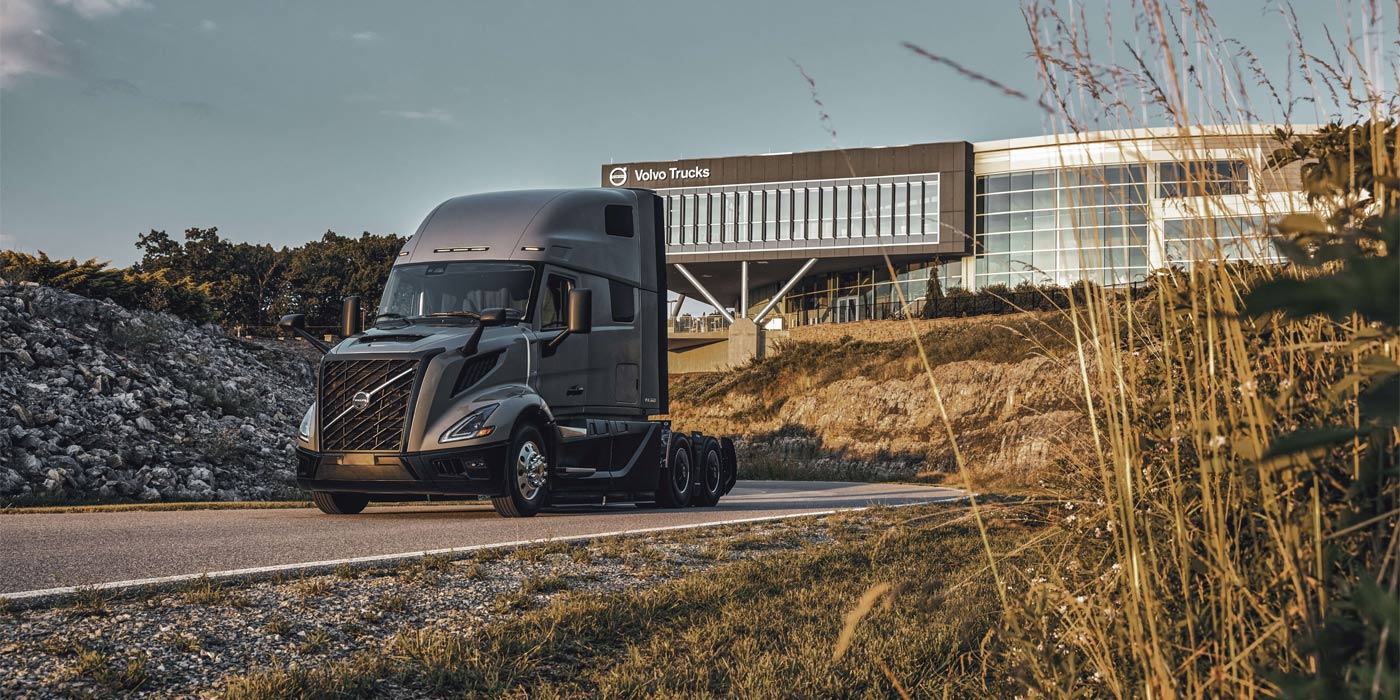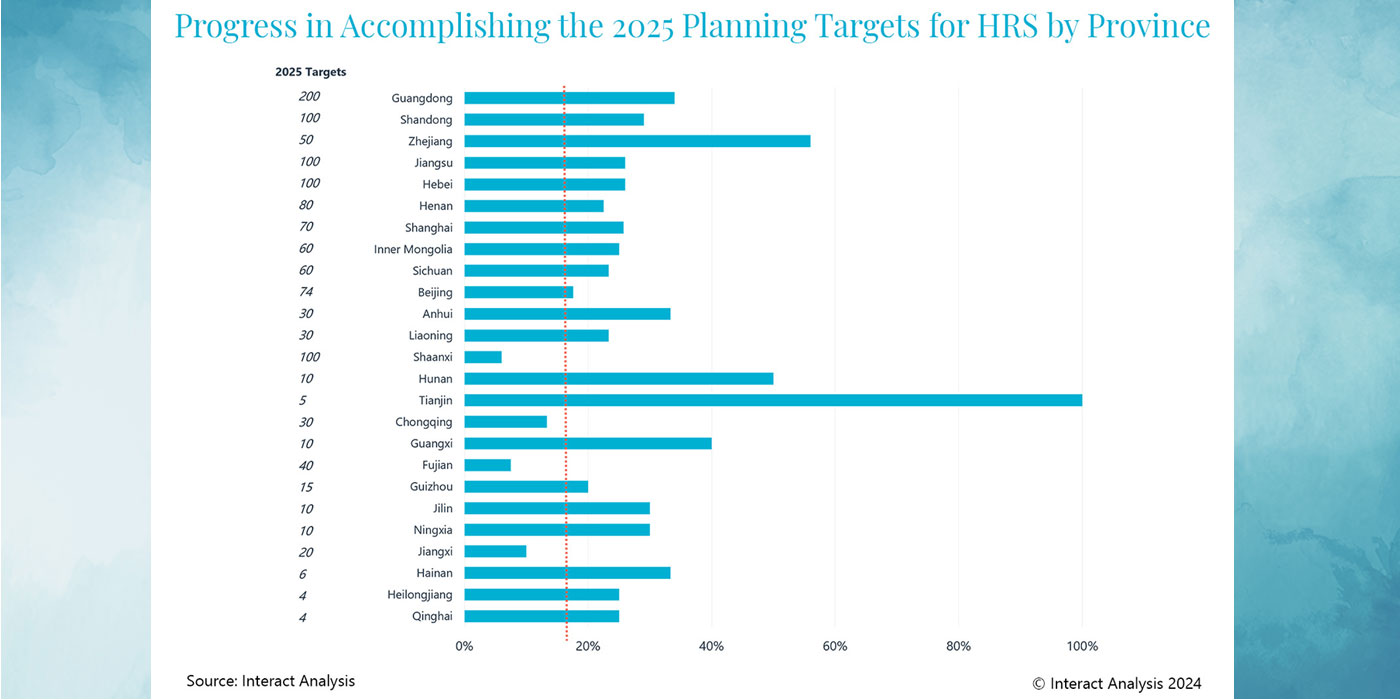1.2 million trucks
“Remember that number,” said Roger Alm, executive vice president of Volvo Group and president of Volvo Trucks, to a room full of journalists just days before the grand opening of the World of Volvo, a “brand experience” building in Gothenburg, Sweden. “We need to transition all of these trucks that we have on the road to zero emission to be net zero by 2050.”
Alm was bullish about the transition toward a full zero-emissions product lineup that Volvo Trucks has committed to by 2040. Bullish, but realistic. He stressed that the transition is already happening with six full electric Volvo trucks offered globally today, including the Volvo VNR Electric here in the U.S., with two more on the way this year in international markets. According to Alm, Volvo Trucks enjoys a 50% market share in electric trucks in the U.S.
“All of these battery electric trucks that we have out on the road, globally, transporting goods to our customers have done, in total, 35 million kilometers–that is equal to 900 laps around the world. Already our battery electric trucks have made a significant reduction in terms of CO2.”
While Volvo Trucks has been touting the sustainability benefits of battery electric trucks, like the VNR Electric, the conversation is broadening. It’s not just about zero-emissions vehicles today, but the decarbonization benefits of hyper efficient diesel trucks as well. Alm addressed all of this in a Q&A, and here’s what he had to say.
How do you address decarbonization when charging infrastructure is difficult to develop and developing countries are so far behind in terms of truck technology they’re running?
Alm: We reduced CO2 with our current model range. We have reduced the CO2 with the latest FH Aero cabover by 5% and up to 10% with the all new VNL, and we will continue to reduce CO2 with our trucks because we need to reduce CO2 in all countries. Why not just use electric? Of course we should do that, but when you cannot do that for certain reasons, then we can also use the current trucks to reduce CO2.
Why should fleets consider using electric trucks today when they could just run more efficient diesel trucks to reduce CO2?
Alm: If you look at the customer metrics today, normal transportation companies are not too interested in making the transformation. They see there is additional cost to do it but their customer, larger transport buyers will make this happen because they, themselves, will commit themselves to ESG goals and commit to science-based targets or something else. They will put pressure on the fleet to move to zero-emissions vehicles otherwise these fleets will lose business. We are having lot of talks with fleets, getting more and more insight from their point of view. We are creating a triangle of discussion [Fleet, customer, OEM] to create the ecosystem that we need to get moving forward.
Speaking of that transition, how has the adoption of zero-emissions trucks changed over the past couple of years as you’ve rolled them out?
Alm: In the beginning, we thought that you can replace a diesel truck with a battery electrical truck; that you can swap them. But the change is bigger than that. You need to sell them in a different way. You need to service them in a different way. You need to drive them in a different way. You need to create the logistic system in a different way. The changes are huge because they’re based on cost. Fleets need to bring in the reduction of CO2 into their business calculation.
What’s your position on natural gas? Is it a viable decarbonization path right now?
Alm: We are running biogas today. We have now invested in a company called Westport that we’re bringing that into our operations, and we will develop that and make hydrogen use available one way or another. And then we have our hydrogen fuel cell development that we’re doing together with Daimler.
Speaking of partnerships, there seem to be more partnerships between market competitors. What’s driving that?
Alm: Martin Lundsted, CEO of Volvo Group (AB Volvo) says, ‘Partnership is the new leadership.’ This kind of product development is quite complex, and I assure you, it’s even more complex when you start breaking it down. To do this individually, the investment that you’d need to make is huge. If you can come together doing something together, of course that will be good for everybody. It’ll be good for the industry, it’ll be good for product development and we will be a lot faster to the market. We’ll have those products in common, but we will compete on the merit of the brand.
We are investing in Westport, and we are moving forward in lot of acquisitions as well and partnerships. We also have a partnership with TRATON and Daimler to develop charging infrastructure in Europe.
Do you see the zero-emissions transition as an opportunity to grow Volvo Trucks market share?
Alm: We have an electric truck market share today of 50% in Europe. We have an electric truck market share in North America in the beginning of this year over 50% as well. I don’t think that we will be there when the electric truck market will be more competitive, but we should definitely have an ambition. That is my clear ambition.














